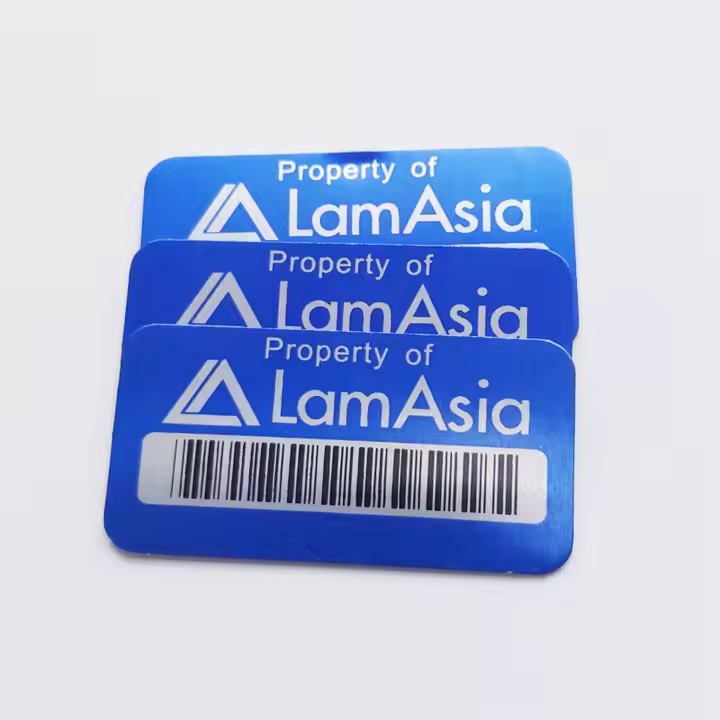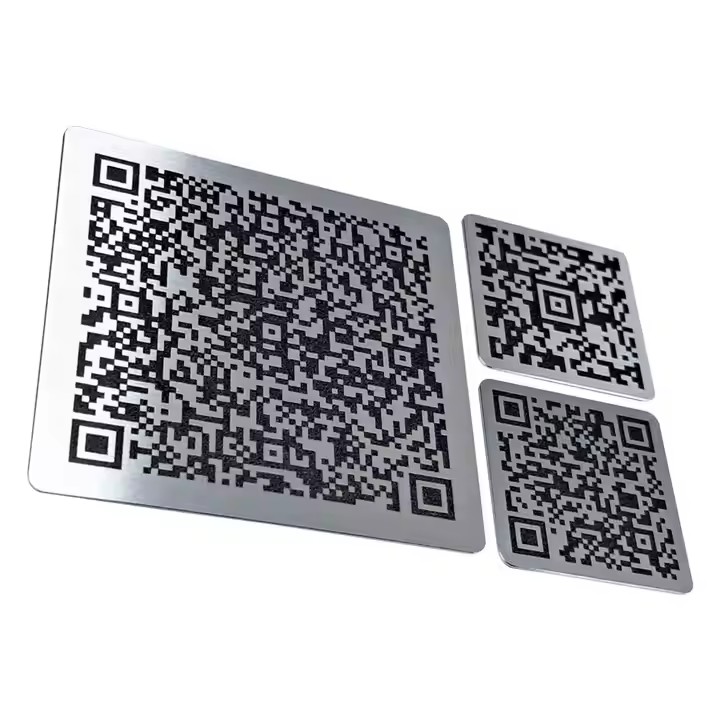

Introduction
In industrial environments, durable and reliable labeling is crucial for equipment identification, asset tracking, and safety compliance. Brass and copper tags have long been trusted materials for industrial labeling due to their exceptional physical properties and versatility. This article explores why brass and copper tags remain the preferred choice for industrial applications.
Durability in Harsh Conditions
Industrial settings often expose labels to extreme temperatures, moisture, chemicals, and mechanical wear. Both brass and copper tags offer superior durability compared to plastic or paper labels. Their metal composition ensures resistance to cracking, fading, and deformation, providing long-lasting identification solutions.
Corrosion Resistance
One of the major advantages of brass and copper tags is their excellent resistance to corrosion. Brass, an alloy of copper and zinc, resists tarnishing and corrosion in various environments, including outdoor and marine conditions. Copper tags also form a protective patina over time, which shields the metal beneath from further damage.
High Visibility and Professional Appearance
Brass tags typically have a warm golden color, while copper tags offer a distinctive reddish tone. Both metals maintain their appearance well under industrial wear and contribute to a professional and high-quality image for your equipment and assets.
Customization Flexibility
Brass and copper tags can be easily customized using various techniques such as engraving, embossing, stamping, and laser marking. This flexibility allows for clear, permanent labeling that meets specific industrial requirements, including serial numbers, barcodes, or company logos.
Thermal and Electrical Properties
Copper’s excellent electrical conductivity makes copper tags suitable for labeling electrical components and circuits. Additionally, both metals withstand high temperatures better than many alternative materials, making them ideal for industrial environments involving heat exposure.
Cost-Effectiveness
While brass and copper tags might have a higher initial cost than plastic labels, their longevity and reduced replacement frequency make them a cost-effective choice in the long run. Investing in durable metal tags minimizes downtime and maintenance costs.
Environmental Benefits
Brass and copper are recyclable materials, making these tags an environmentally friendly option for companies looking to reduce waste and promote sustainability.
Conclusion
Choosing brass or copper tags for industrial labeling ensures durability, corrosion resistance, clear customization, and professional appearance. These metal tags provide reliable and long-lasting identification solutions for harsh industrial conditions, making them a smart investment for any business.




